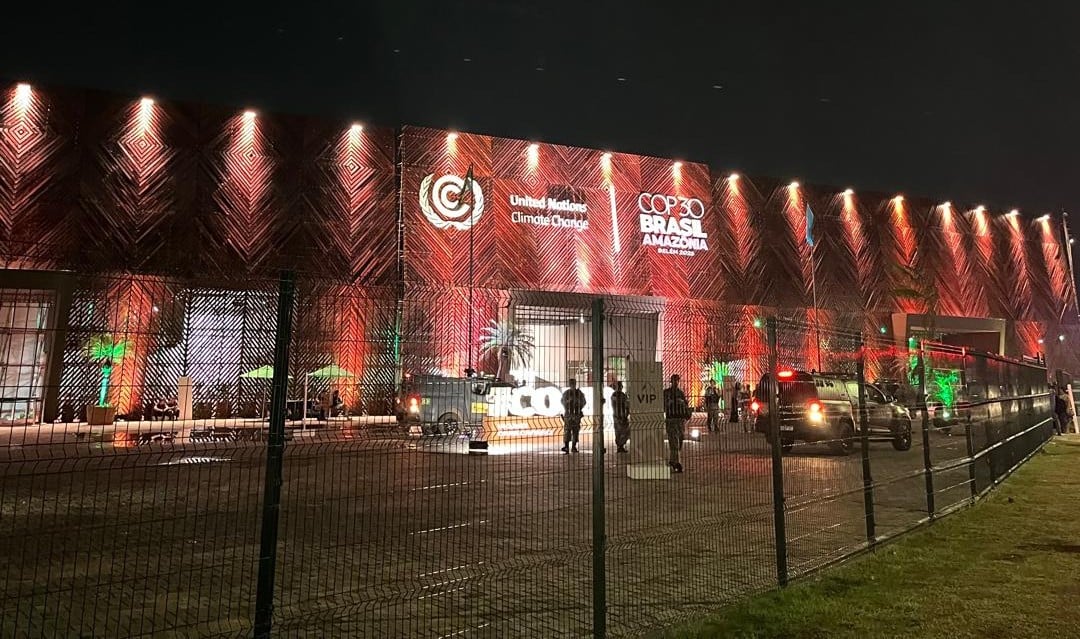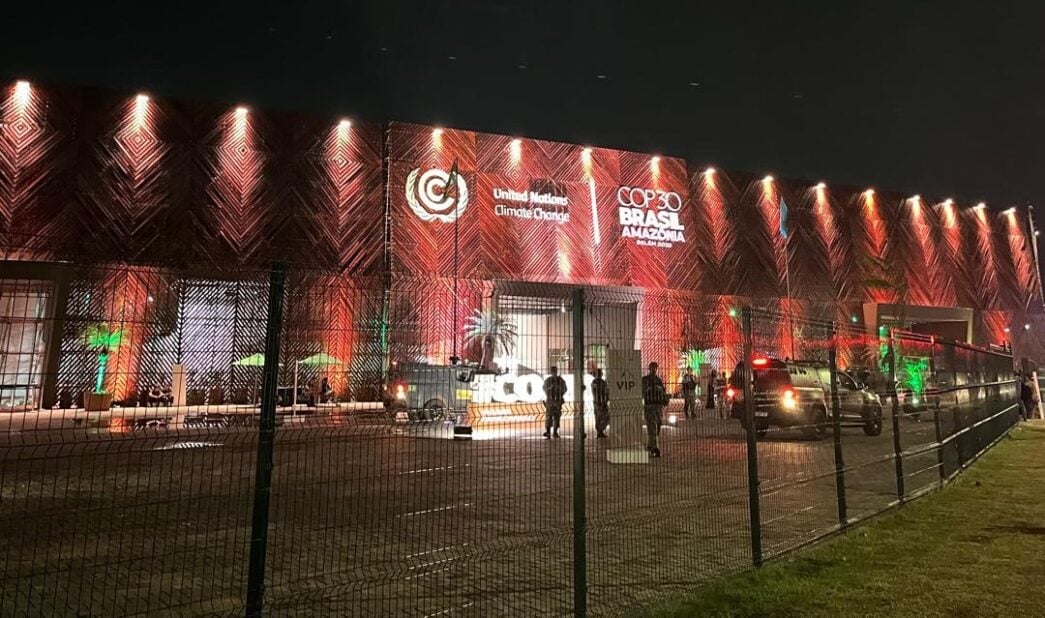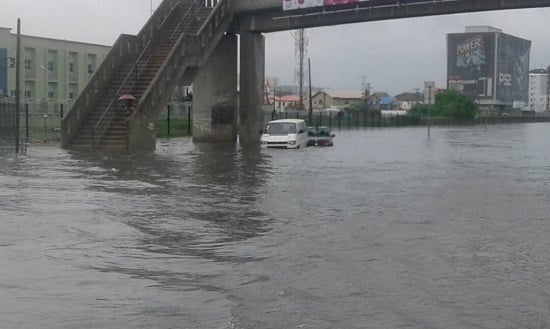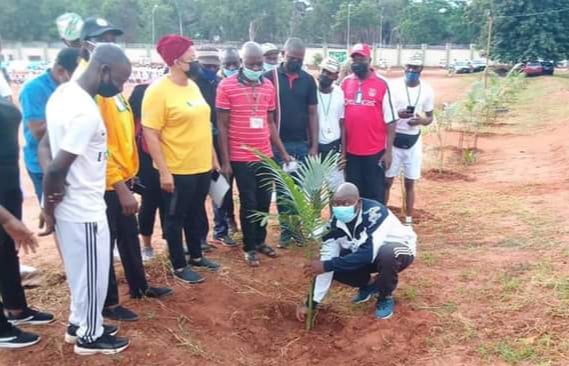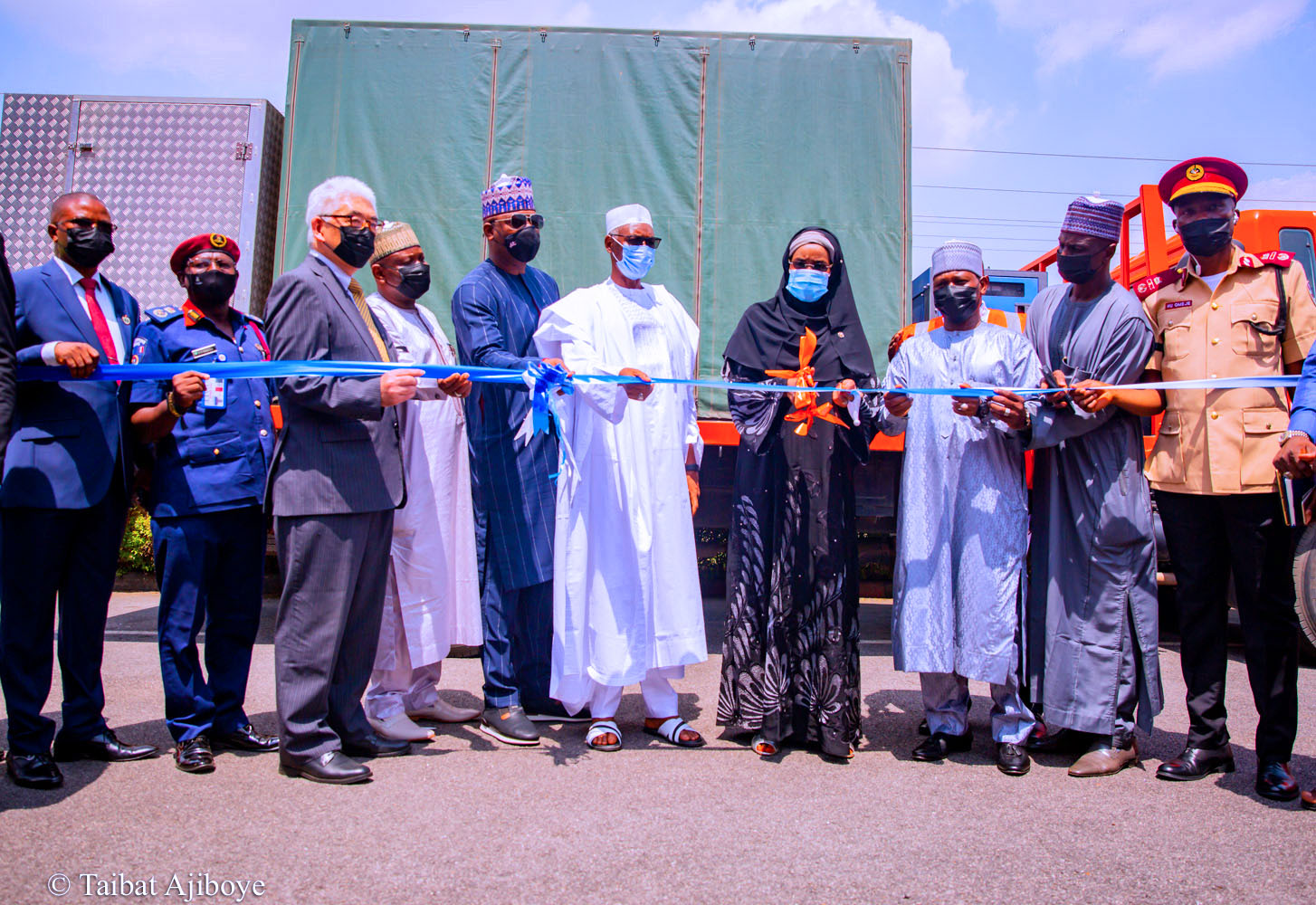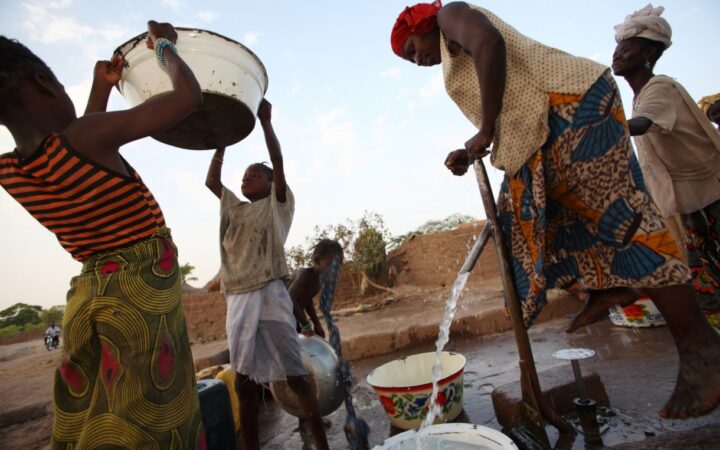
The latest version of the COP30 draft has drawn strong pushback from civil society groups and negotiators after it omitted any reference to a roadmap for transitioning away from fossil fuels.
According to campaigners, the draft, released on Friday, sidesteps the core issue and does not define when, how or who will lead the global effort to end reliance on coal, oil and gas.
The text, which is expected to form the basis of a final COP30 outcome, appears to cross red lines for several negotiating blocs, with many countries warning that it falls short of delivering the ambition needed to keep the 1.5°C goal within reach.
Advertisement
Gisela Hurtado, senior Amazonia campaigner at Stand.earth, said the document fails to reflect the priorities of indigenous people despite the presidency branding COP30 as the “Indigenous COP”.
“If this is to be remembered as the indigenous COP, the Global Mutirão must fully reflect Indigenous voices, rights and solutions,” Hurtado said.
“Indigenous territories safeguard the most biodiverse ecosystems on earth, yet our rights and proposals remain sidelined in the current text.”
Advertisement
She added that a just transition requires a “clear, equitable and rights-based roadmap to transition away from fossil fuels”, backed by direct access to finance for indigenous people.
Bronwen Tucker, public finance lead at Oil Change International, described the draft as “outrageous”.
“We came here to secure a COP30 package for justice and equity. Instead, the presidency has presented a text that strips away ambition,” Tucker said.
COUNTRIES PUSH BACK AS FOSSIL LANGUAGE DISAPPEARS
Advertisement
Following the removal of the fossil-fuel roadmap, a coalition led by Colombia launched a renewed push for stronger language on phasing out fossil fuels.
Although more than 80 countries had previously supported the idea of a roadmap at COP30, the core group behind the “Belém Declaration for transitioning away from fossil fuels” are 24 nations, including Australia, Austria, Belgium, Cambodia, Chile, Colombia, Costa Rica, Denmark, Fiji, Finland, Ireland, Jamaica, Kenya, Luxembourg, Marshall Islands, Mexico, Micronesia, Nepal, Netherlands, Panama, Spain, Slovenia, Vanuatu and Tuvalu.
Maisa Rojas, Chile’s environment minister, said the multilateral process is increasingly failing to deliver the level of ambition required.
“We are very committed to the multilateral process. But it is true that a coalition of the willing is more necessary than ever because the process is failing us,” Rojas said.
Advertisement
Irene Torres, Colombia’s environment minister, told journalists on Friday that the consensus-only rules of UN climate talks are diluting ambition.
“The problem is that, right now, the method is only consensus,” she said.
Advertisement
“The most ambitious agenda ends up eliminated. But we still believe a change in the text is possible. This COP hasn’t ended.”
WHAT THE NEW TEXT SAYS
Advertisement
The draft proposes a work programme and a ministerial dialogue on climate finance but stops short of binding commitments by developed countries. Negotiators say this weakens expectations for scaling up support to developing nations.
It urged countries to triple adaptation finance but makes global adaptation indicators voluntary — a red flag for developing countries who want a more formal and predictable framework for tracking progress.
Advertisement
On national climate plans, it introduces a “Belém Mission to 1.5°C” but does not compel countries to align their NDCs with the 1.5°C pathway.
The text sets out 18 months of consultations between the UNFCCC and trade bodies and says climate-related trade measures should be “fair” but offers no criteria for evaluating fairness.
The draft omits any roadmap for transitioning away from fossil fuels or halting deforestation.
Instead, it proposes a voluntary “Global Implementation Accelerator”, which excludes nature-based components and provides no direction on fossil phase-down.
Delegates from multiple regions have criticised the proposed draft, saying the approach has prevented countries from developing a shared understanding of what the final landing zone should look like.
29 COUNTRIES WRITE COP30 PRESIDENT
At least 29 countries, including Colombia, Mexico, the UK, the Marshall Islands and Palau, have written to the COP30 presidency calling for higher ambition.
In the letter, the countries said they “cannot support an outcome that does not include a roadmap for implementing a just, orderly and equitable transition away from fossil fuels,” alongside scaled-up finance and a concrete plan to halt deforestation, described as “one of the least contentious issues”.
Alden Meyer, senior associate at E3G, told TheCable that negotiations grew tense as several countries pressed the COP30 presidency to restore key language in the draft text.
According to Meyer, the European Union (EU) insisted on “much stronger wording” on closing the nationally determined contribution (NDC) gap and accelerating mitigation efforts as a condition for accepting the package.
However, the Arab group pushed back, arguing that the existing wording is already too intrusive and infringes on their national sovereignty.
Meyer noted that several vulnerable countries, like the Africa group, are pushing for more concrete commitments on adaptation finance.
“And my understanding is that Europe said they would be willing to consider strengthening that language in return for something stronger on mitigation, particularly a roadmap on the transition away from fossil fuels,” he said.
The presidency has proposed breaking the issues into small “huddle groups” — on trade, NDC ambition, and adaptation finance — but this was rejected, forcing a shift in strategy.
A new closed-door meeting with two representatives from each party group has been convened.
Meyer noted that little progress was made during the afternoon session but said last-minute compromises remain possible as ministers prepare to leave Belém.
“The closer you get to the deadline, the more pressure there is to compromise,” he said.
As COP30 enters its final hours, pressure is mounting on the host country to secure consensus and avert disappointment among parties. With negotiations still deadlocked on key issues, there is a growing likelihood that the talks could spill over beyond the scheduled deadline.
This report was produced with support from Sahara Group and the Kaduna state government
